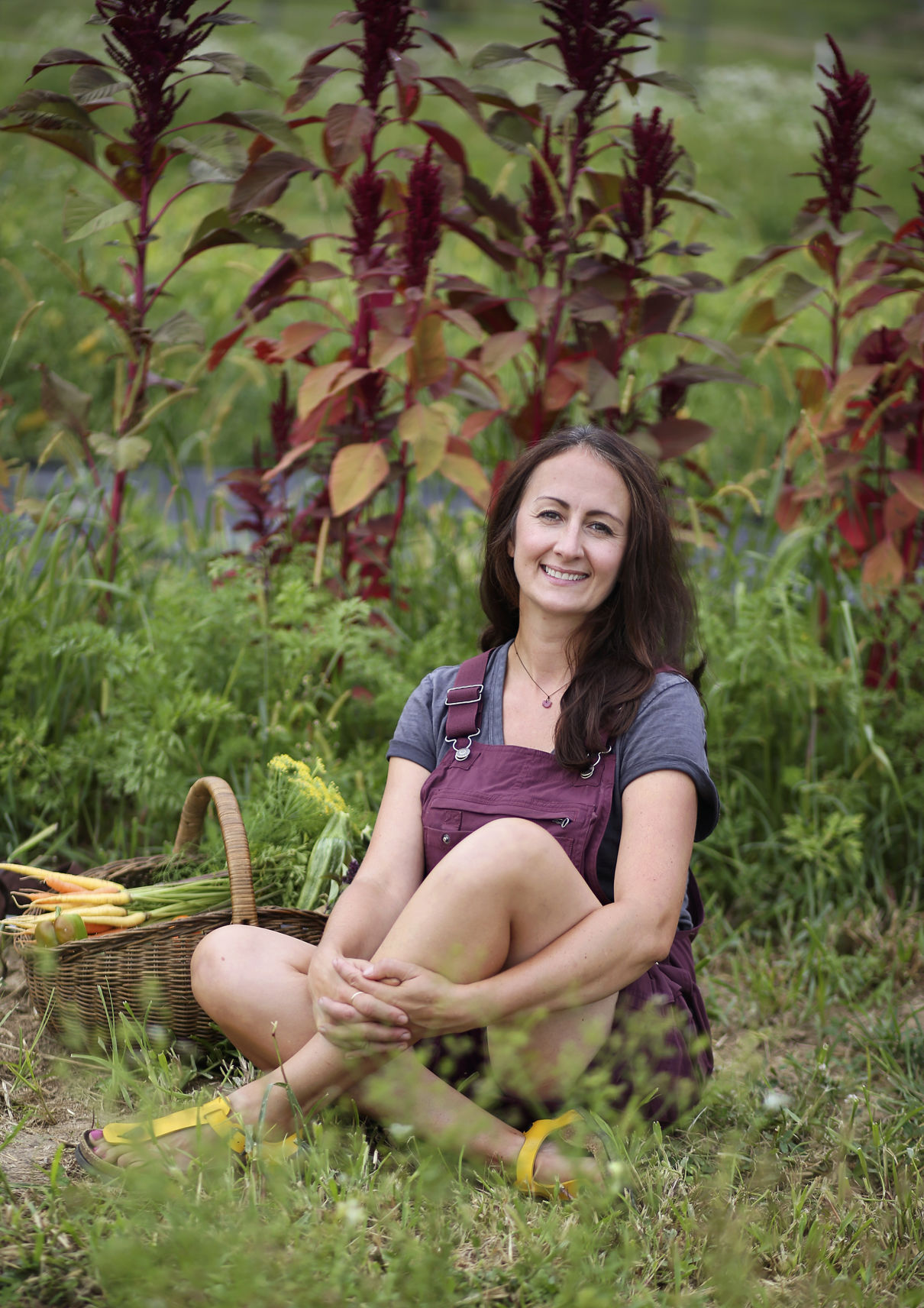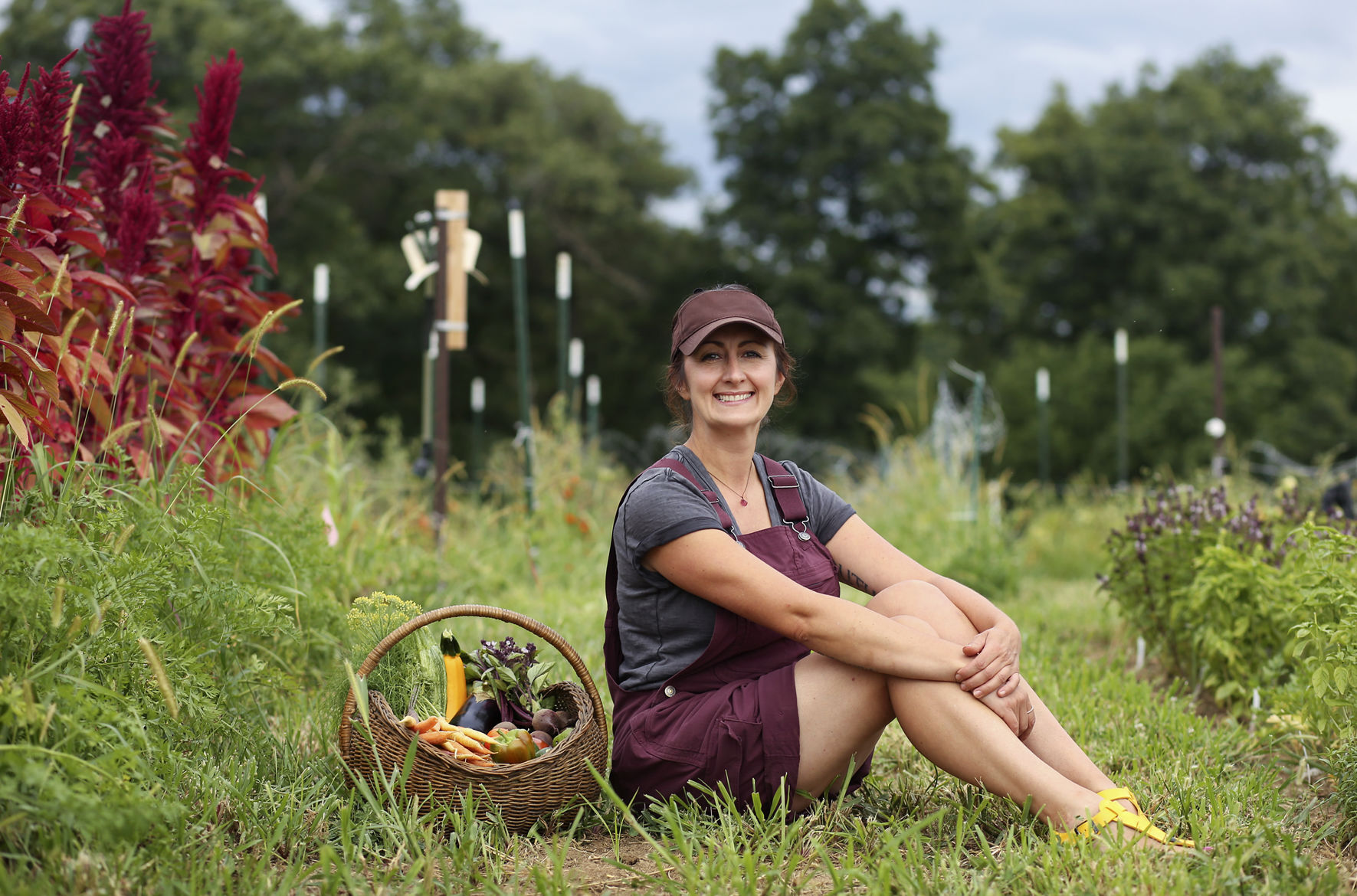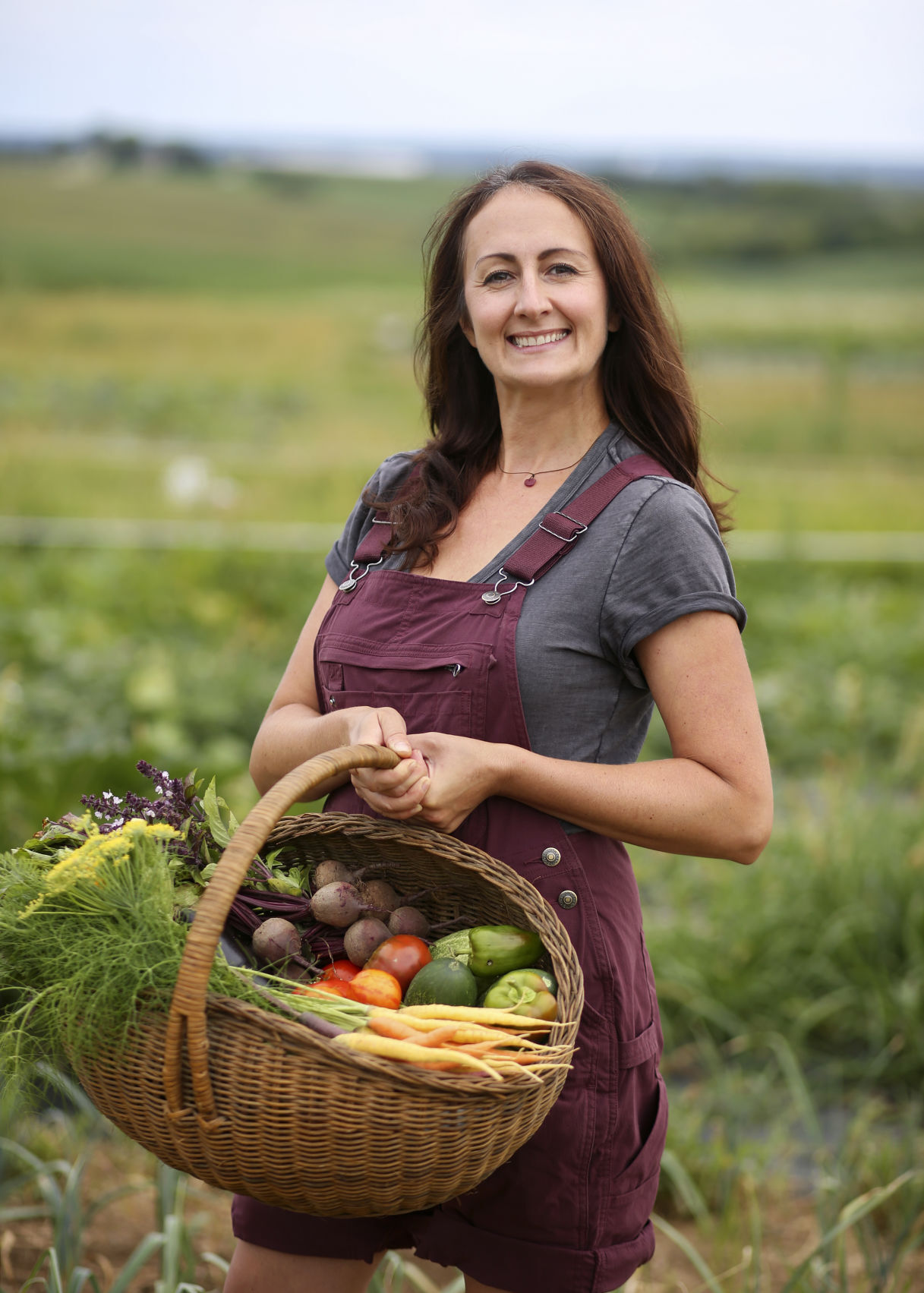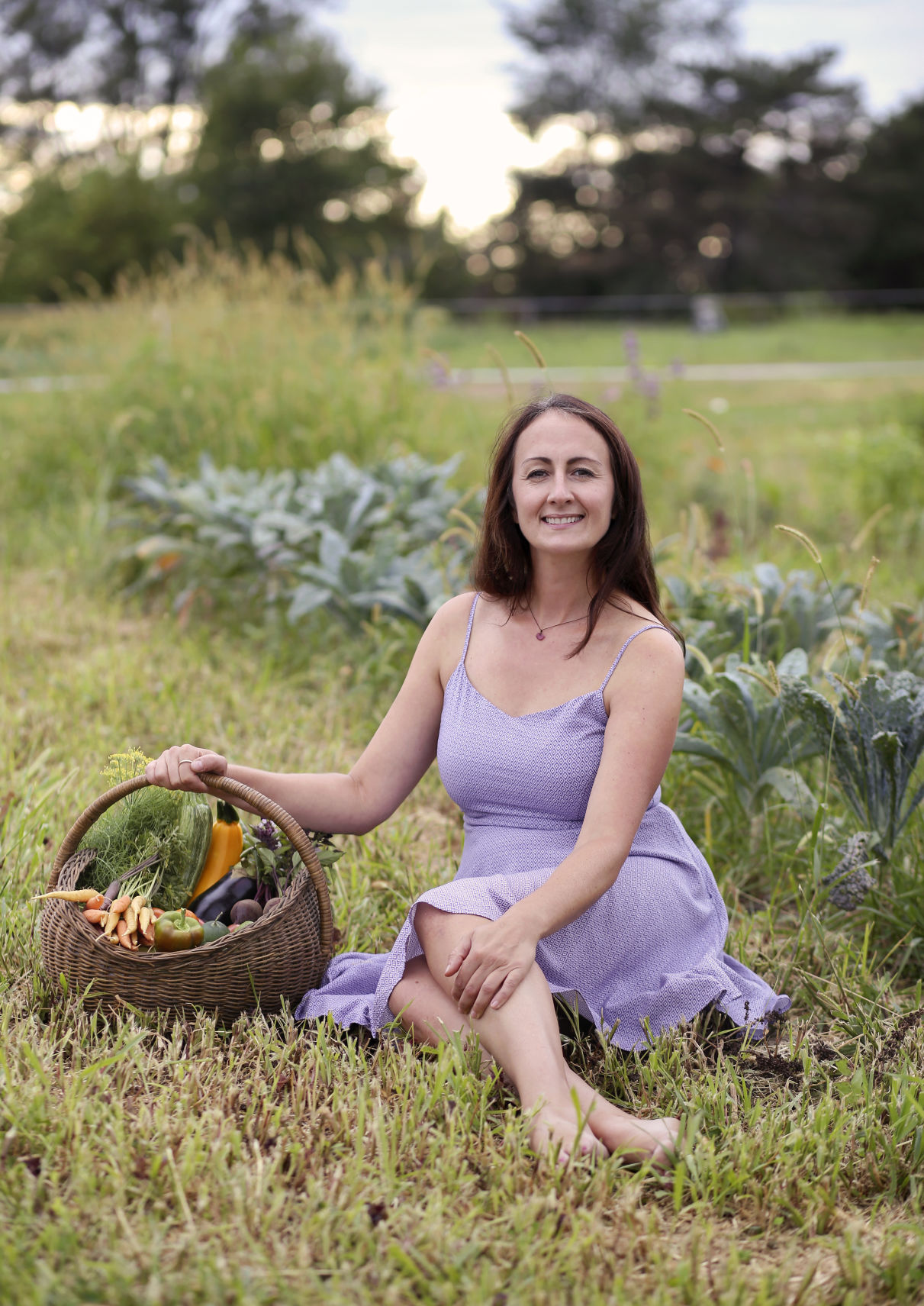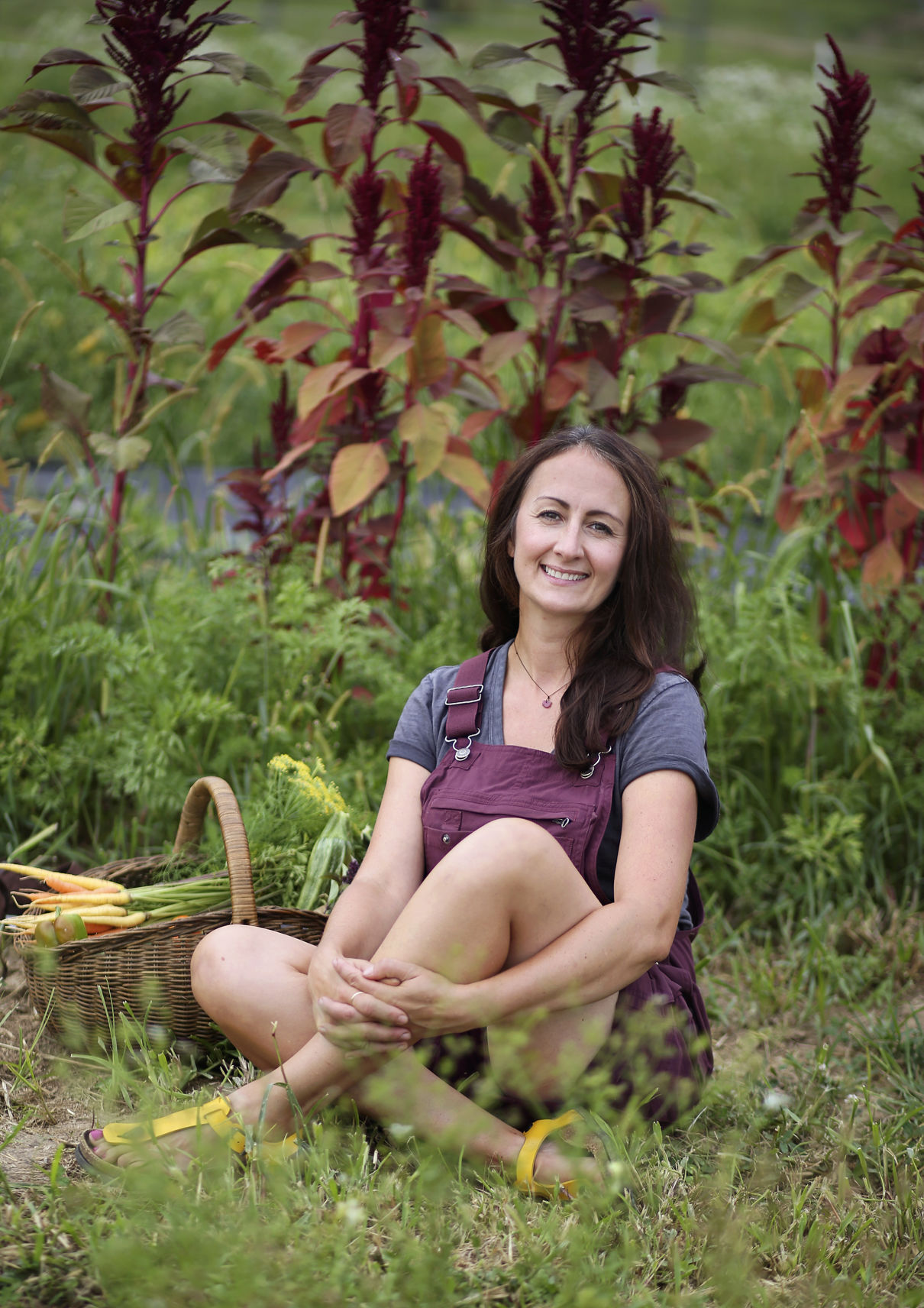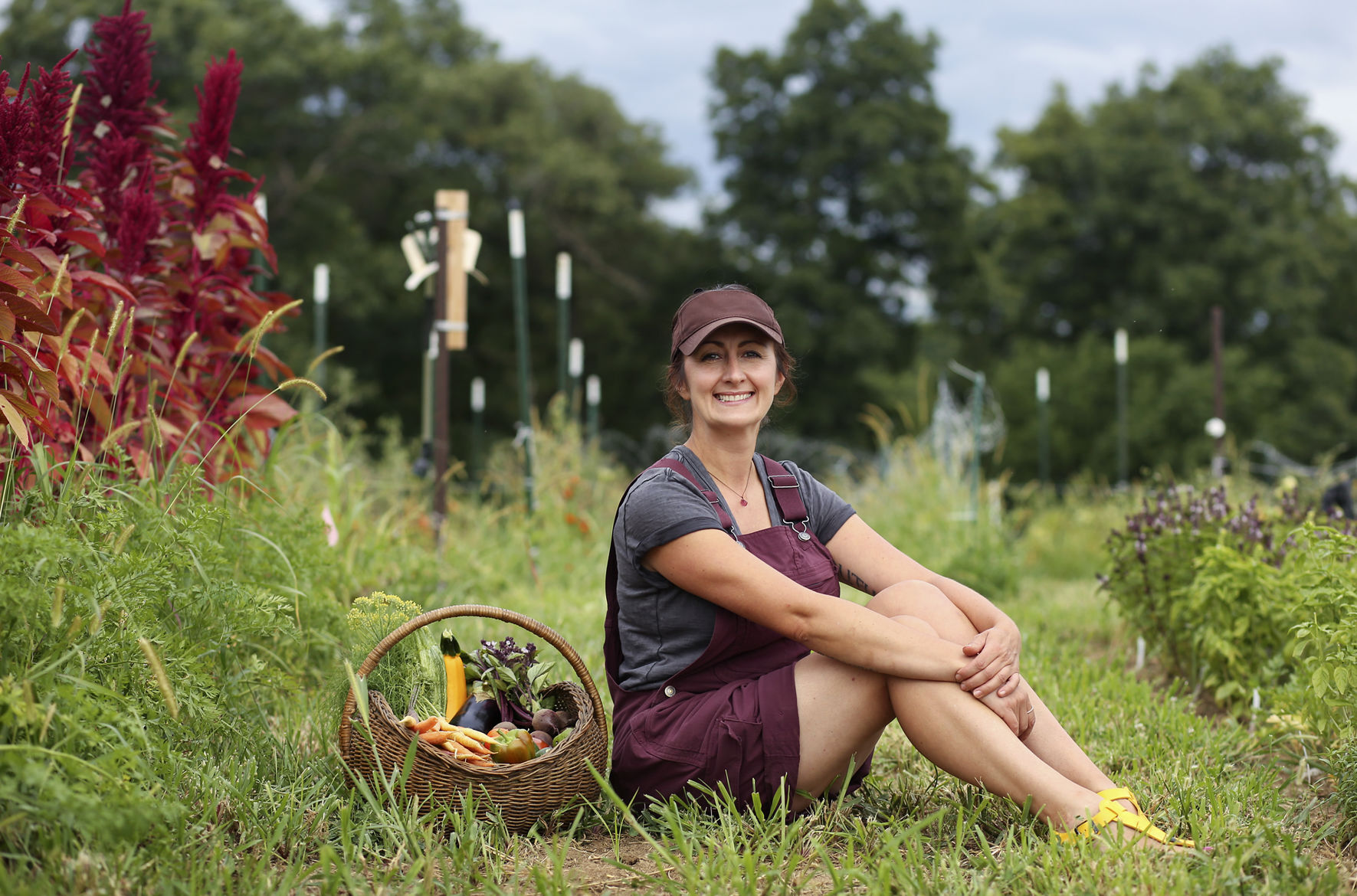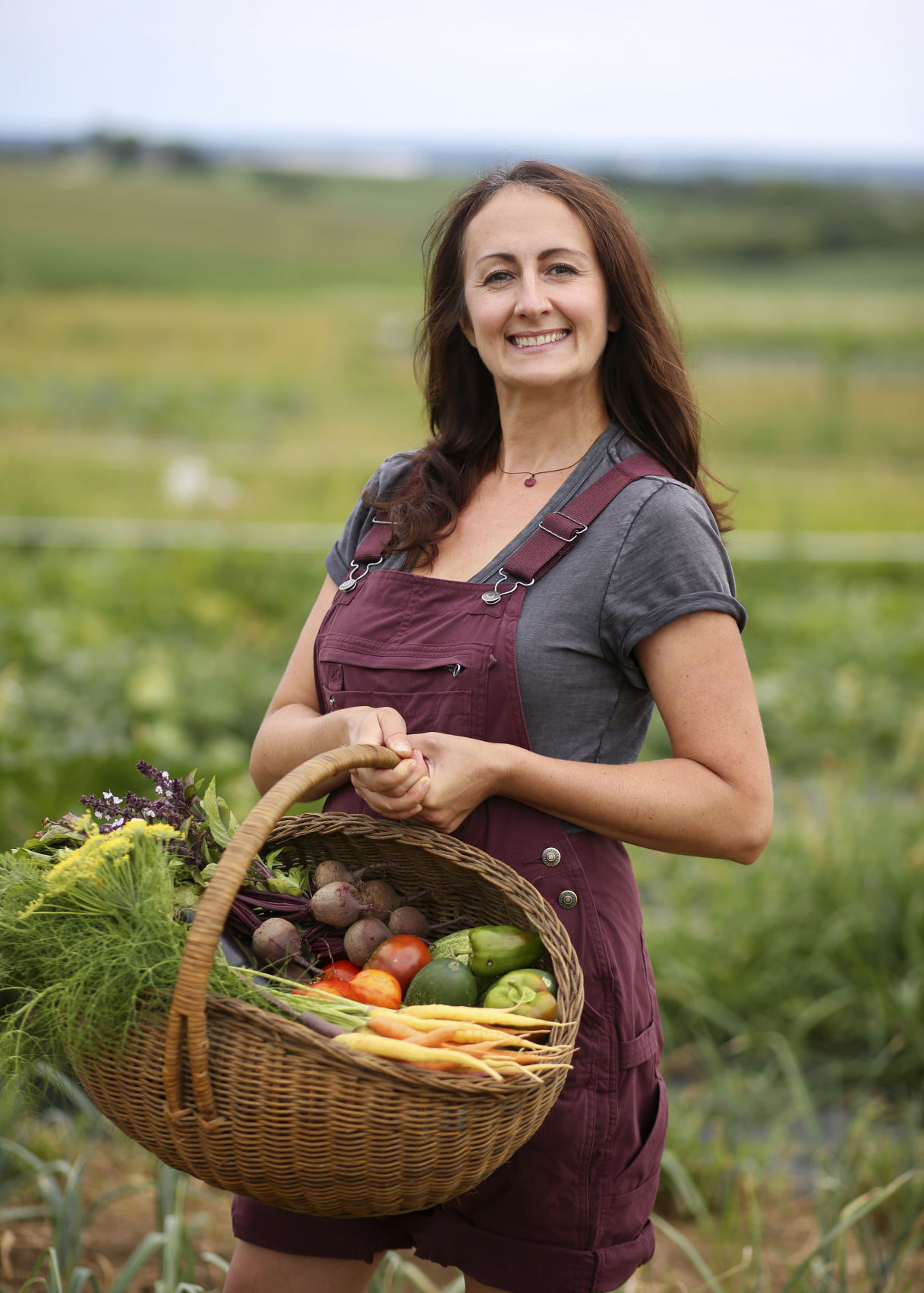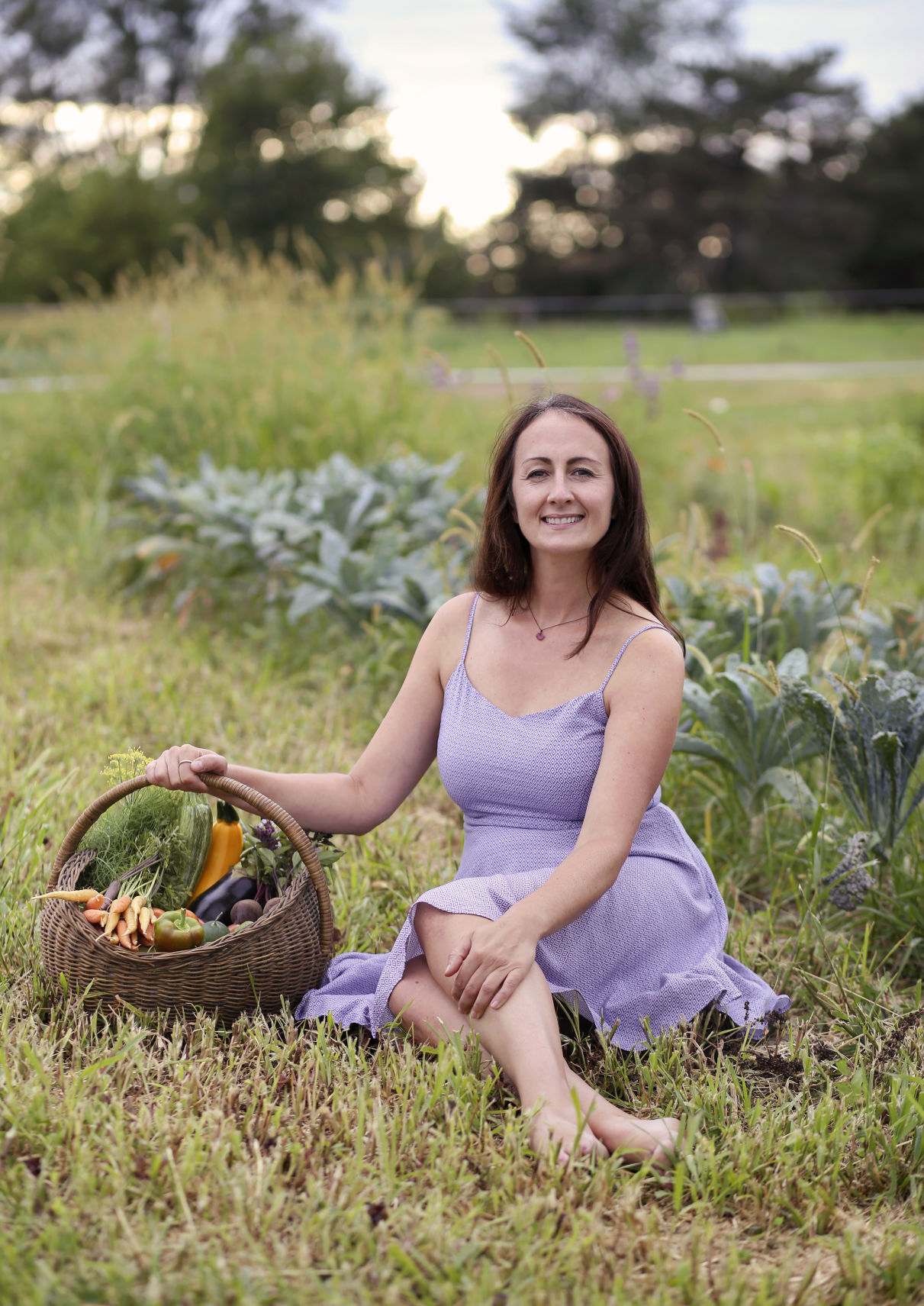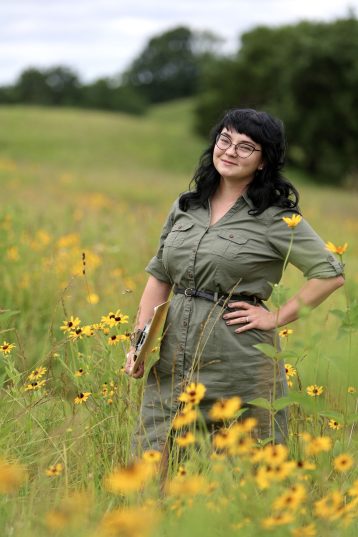Quickness and ease are prized qualities in the United States, particularly when it comes to deciding what to eat.
Busy schedules compounded by work, parenting, maintaining a home and a host of other activities often find many of us reaching for the fastest food methods possible to feed ourselves and our hungry troops — and in one pot or to go, preferably.
But for Justyna Miranda, preparing a meal demanded a day’s work when she was growing up. And it’s something she and her family were happy to oblige.
“Food always has been a big part of my life,” the 39-year-old said. “I grew up in Poland as part of a communist regime and during times when food was scarce. In order to really have food, you had to grow it.”
Living in a humble community comparable to Dubuque, a deep-seeded love of food prep was planted early in Miranda, who has fond memories of her grandmother’s garden greenhouse, complete with chickens, that provided hearty meals for the family.
Days centered around preparing meals were simply a way of life, Miranda explained.
“We always had lush, fresh food,” she said. “I didn’t know then about the scarcity. It was magical, in a way, just to get up every morning to check for fresh eggs or to get a basket of radishes or tomatoes. We baked breads twice a day. That’s what food was to me.”
Miranda relocated to the United States in 2000 as part of a cultural exchange program. She later worked in Chicago’s bustling restaurant industry before love — both of U.S. culture and of another person — ultimately led her to the Dubuque area. It was there that she took time to re-establish her roots and her relationship to food.
In the two years since calling Rickardsville, Iowa, home Miranda has sought to share her passion for fresh, locally sourced and sustainable food practices through City Girl Farming.
The business harvested on Sinsinawa (Wis.) Mound’s collaborative farm aims to reconnect food and people, helping them to develop a sense of where food comes from and deepening the relationship people have with what they eat.
Aside from feeding the bellies of tri-state residents, it has fed Miranda’s soul.
“I think what happened was I was really looking to reconnect with my own values,” she said of establishing City Girl Farming. “After moving to Dubuque, I was able to take some time to learn what I really wanted to do with my life. Life in the city was so busy. In a way, I kind of lost my sense of purpose, and I wanted to find it again. I really wanted to be doing something that would be of service to the community and be of value to others, using my talents and my best skills.”
That, Miranda said, boiled down to food.
Food and the city
Prior to moving to Dubuque, Miranda said she had lost the connection she had once so well established at a young age to food, taken in by the undercurrent of the busy, on-the-go lifestyle that many pride themselves on in the U.S.
“Food is perceived very differently here,” Miranda said. “It’s really more about convenience and getting it quickly, not really paying attention to where it comes from.”
Even local grocers are set up differently, she observed.
“The produce is located on the outskirts of most stores,” Miranda said. “Most foods in the heart of the stores come from a box.”
She also took note of how adopting American eating habits was affecting her health.
“At first, it was something new and exciting, not having to cook every day,” Miranda said. “Grocery shopping and cooking is a time-consuming process. People here aren’t used to the whole day being used to prepare a meal like my family did in Poland. With fast food, you could get it anywhere. But my body reacted in a different way. I had never experienced skin problems before or struggles with my own health. At first, I didn’t make the connection to food. But over a longer period of time, it started to become evident, and I really started to question whether or not certain foods were that good for me. I began to concentrate what the true cost of that was. That started this whole journey.”
Planting a seed
With the ultimate goal of helping educate the public about what it takes to create a more meaningful relationship with healthier foods, Miranda collaborated with Four Mounds’ kitchen garden before joining the collaborative farm at Sinsinawa Mound, where she grows a variable assortment of vegetables.
“Sister Christin Tommy and Sara Mooney are the coordinators of the Sinsinawa Collaborative Farm and have done a fantastic job facilitating my experience there, providing support, education, resources and companionship,” she said.
From beets and tomatoes to leaks, lentils, peppers, cucumbers, squash, radishes, eggplant, garlic, spinach, lettuce and more, much of Miranda’s produce is supplied to local establishments.
“I also always try to grow something new,” she said.
Miranda also has collaborated with Mighty River Food Collective (mightyriverfoodcollective.luluslocalfood.com), Sandhill Farm, Little Bear Gardens, Jupiter Ridge Farm, Stone Hollow Gardens and Shroomery, Blue Barrel, O’Connell Organic Acres, McGreal Family Farm, Kruse Farm and Small Family CSA Farm.
“All are amazing operations do great things,” she said.
Additionally, Miranda has connected with Kevin Scharpf, of Brazen Kitchen + Bar in Dubuque’s Historic Millwork District. At Brazen, Miranda took advantage of another opportunity to broaden her skill set, working as part of the kitchen staff.
“It was a chance for me to take my culinary experience and test it,” she said. “It was the same kind of collaborative restaurant I loved being a part of in Chicago, and here it was in Dubuque. The culture at Brazen is fantastic. And Kevin is a chef I respect so much. He puts so much care into his craft — not only him but his whole team, really.”
Scharpf’s food philosophy also aligned closely with Miranda’s, with a mission to connect local foods to restaurant patrons.
“It was another opportunity for me to understand what works and what doesn’t work when it comes to the realities and complexities of the farm-to-table process,” Miranda said. “And it’s still something I’m working on with our local farmers.”
Scharpf said Miranda fit right in.
“From the very first day of meeting Justyna, she has always shown a ton of passion about food and where it comes from,” he said. “Her passion can be very infectious, and we are proud to team up with her for the Brazen Garden. Her creativity has always been a major asset in anything we have partnered in. She is sure to leave a lasting impression in our communities food system.”
In addition to Brazen, Miranda also collaborates through City Girl Farming with Convivium Urban Farmstead in Dubuque.
She and Convivium co-owner Leslie Shalabi have created meal kits, dubbed HomeFresh Prepared Meals, offering dinner packages and a la carte options that can be ordered online for pick-up or delivery.
“We have been partnering with Justyna for just over a year on our prepared meal service, HomeFresh,” Shalabi said. “This was a passion project for both of us — to combine healthy, whole foods, sourcing locally whenever possible — with the ease of prepared food. We are both very busy ourselves and understand that sometimes our goals of healthy and local don’t always mesh with our schedules. We wanted to provide people with high quality meals, at a fair price, while also using local ingredients but eliminating the planning, shopping and prep time that this takes.”
Shalabi described Miranda’s enthusiasm for food as “boundless.”
“She is not only knowledgeable about the food itself — how to prepare it, how to to pair flavors, how to present it — but she approaches the preparation with a heart of full of love for what she is doing and this translates into the food and hopefully to the hearts and bellies of those she is preparing the food for,” Shalabi said.
Cooking as a way of life
When not growing food or educating others about food, Miranda said she’s preparing it and encouraging others to do the same. It’s something she said has offered a “silver lining” to the COVID-19 pandemic in recent months — the renewed enthusiasm for making meals in the comfort of home.
“Believe it or not, outside of making my living cooking, I really love cooking as a hobby, too,” she said, with a laugh. “I love experimenting with different types of cooking for my friends and seeing the community that is created around that. It fills my heart.”
She also loves reading and spending time on the Mississippi River.
“It’s so majestic,” Miranda said. “I think it’s part of the reason I fell in love with the area. Nature is so powerful here.”
And because of that, she added, locals have a “built-in” appreciation for local foods.
“There already is a big focus on supporting local, and I think the importance of that has been shown even more with COVID-19,” Miranda said. “Just look at the meat procession plants. When major players went down, the whole system went down. That can be really dangerous. It’s a great example how important it is to support small, local growers, grassroot efforts and local farmers. It’s a small choice. But if you do that, understand more about where your food is coming from and how to make a meal, it will lead to a bigger change.”
Megan Gloss is the Features Editor for the Telegraph Herald.

